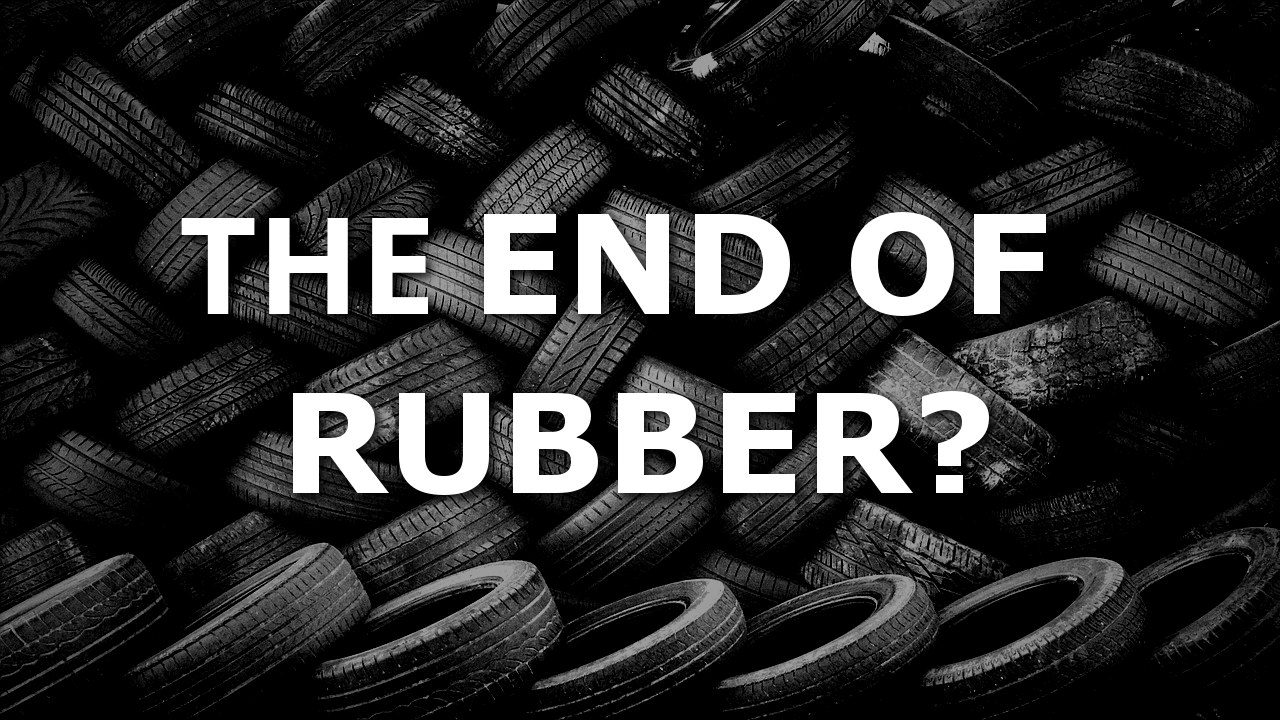Editor’s note: large sections of this article are inspired by Without Rubber, the Machines Stop by Stop Fossil Fuels. Deep Green Resistance does not endorse their organization or their analysis but it’s worth reading.
by Liam Campbell
It’s easy to take rubber for granted. Without it, most of the world’s vehicles would literally grind to a halt, airplanes would eventually be grounded, and most of the world’s industrial factories would cease to be profitable. When someone mentions rubber people think of tires, but open up a car and you’ll find a staggering number of components require the substance: seals, hoses, shock absorbers, wiring, and interiors. If you swim farther down the supply chain you’ll discover that the manufacturing factories that create vehicles also need vast quantities of rubber to operate their own machinery; the same is true of the processing plants that refine raw materials for the factories, and so on all the way down the supply chain.
About half of all rubber comes from trees, and over 90% of natural rubber comes from Asia. The three largest producers are Thailand, Indonesia, and Malaysia; these few countries account for nearly 75% of all natural rubber production. The Americas used to be the world’s largest producer of rubber, until a highly resilient fungus called Microcyclus ulei annihilated the entire American industry.
In Never Out of Season: How Having the Food We Want When We Want It Threatens Our Food Supply and Our Future, Rob Dunn explains:
“Leaf blight will arrive in Asia at some point. How will it come? The spores of the fungus are thin and so don’t do well on extended travel, such as on boats, but they’d do fine on a plane. […] As a 2012 study4 notes, ‘The pathogen can be easily isolated from infected rubber trees…and transported undetected across borders,’ which is to say that the intentional destruction of the majority of the world’s rubber supply would be easy […] It would be easy because the trees are planted densely; because most of the plantations are relatively close together; because the trees are genetically very similar to each other. It would be easy because the trees in Malaysia have not been selected for resistance; they have been selected for productivity. Planters chose trees with lots of latex, favoring short-term benefit over long-term security.
Scholars express concern about whether terrorists might have the technology necessary to spread leaf blight to Asia. Do they have the specialized knowledge necessary to transport and propagate fungal spores, the specialized knowledge necessary to destroy the world’s supply of rubber? Of course they do, because all it would really take is a pocket full of infected leaves.5″
In other words, a single person could severely cripple industrial civilization by simply booking a few flights, carrying a few infected leaves, and going for a walk in among the trees. Soon after, Asia’s rubber plantations would suffer the same fate as their counterparts in the Americas, the cost of rubber would skyrocket, and industrial civilization would be dealt a crippling blow.
The other half of global rubber is derived from petroleum, but synthetic rubber remains significantly inferior to natural rubber. The increased cost and reduced availability would seriously interfere with industrial activities making personal vehicles much more expensive, hindering airlines, and likely reducing global fossil fuel use. More critically, aircraft tires and heavy industrial vehicle tires require almost 100% natural rubber, meaning those vehicles would become extremely difficult to maintain if Microcyclus ulei found its way to Asia.
We are indoctrinated to believe that individuals are powerless, and that industrialized civilization is an invincible Goliath. None of that is true. When systems become large and complex, they also become fragile due to having so many interdependent systems; this makes them susceptible to cascading failures. The stunning reality is that a determined 80-year-old grandmother could take down vast amounts of industrialized civilization by simply booking a holiday that included stops in the Americas and Asia, and collecting a few leaves along the way.
If you found this content interesting or useful, consider making a small donation to Deep Green Resistance. We are entirely supported by grassroots individuals like you: https://deepgreenresistance.org/en/support-us/donate-to-deep-green-resistance

